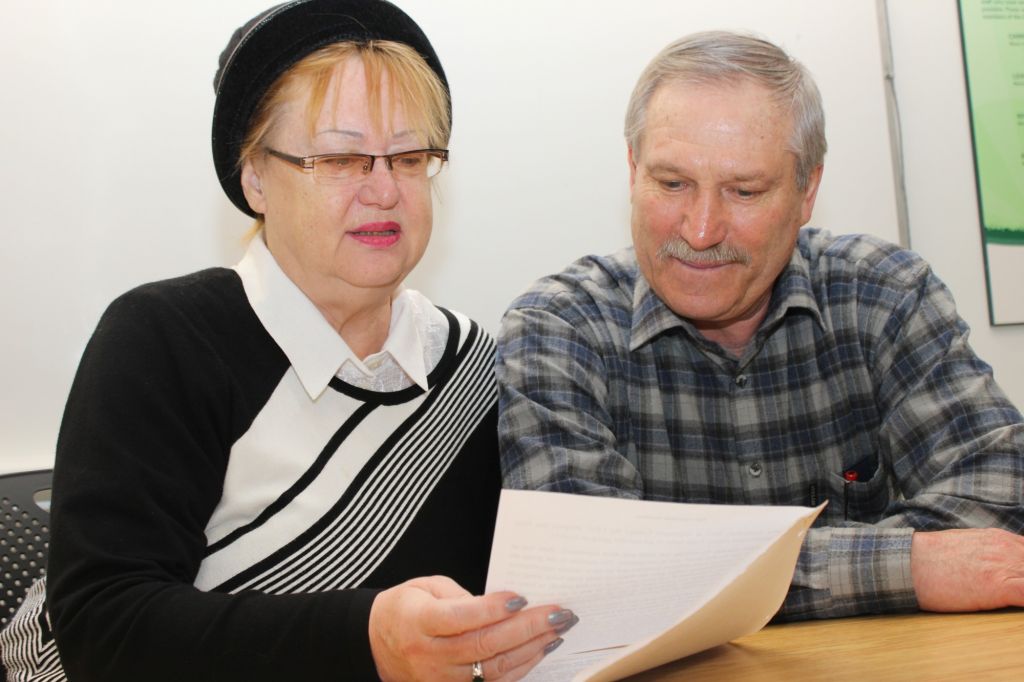Algonquin is the first college in Canada to have the Language Institute for Newcomers to Canada’s pilot program that helps mostly newcomers adapt to Canadian society and economy.
“This program is for people who aren’t yet citizens,” said Sarah Langridge, one of the two professors who runs LINC’s pilot project. “Refugees and permanent residents can apply for this program. International students can’t because they are already studying.”
Immigration, Refugees and Citizenship Canada (IRCC) funds the pilot program whose main purpose is to help people who have to adapt to a different language and culture to succeed in Canada.
The pilot project started in September and brings many advantages to those people who have children and have to stay at home because they can take the class live online.
“I think we got it because we live in the nation’s capital and the IRCC is here,” said Langridge.
Because this is still a pilot, there are many challenges that teachers and students face, like the online students cannot see their classmates; they just listen. This program mixes students whose level — based on the Canadian Language Benchmarks — vary from four to seven.
Natalia Markova and Vlad Markov are two of the 17 students who are part of the pilot project.
“They are full of life,” said Langridge. “They are really motivated to learn English to go travel many different places.”
In fact, the pensioned Ukrainian couple are very opened to different points of view.
“We like to go to class to listen to different people,” said Markova.
Their enthusiasm is such that they are not afraid to talk to anybody and they are always ready to learn new things in class.
“We make presentations and debates about drug use, about sex ed in school and even business,” said Markov.
There are mostly regular lectures where the students can compare, learn and talk about Canada, their countries and their aspirations.
Success was measured by program coordinator Trudi Patrick, teachers Sarah Langridge and Shawn Max, and through a survey given to the students at the end of the first term.


